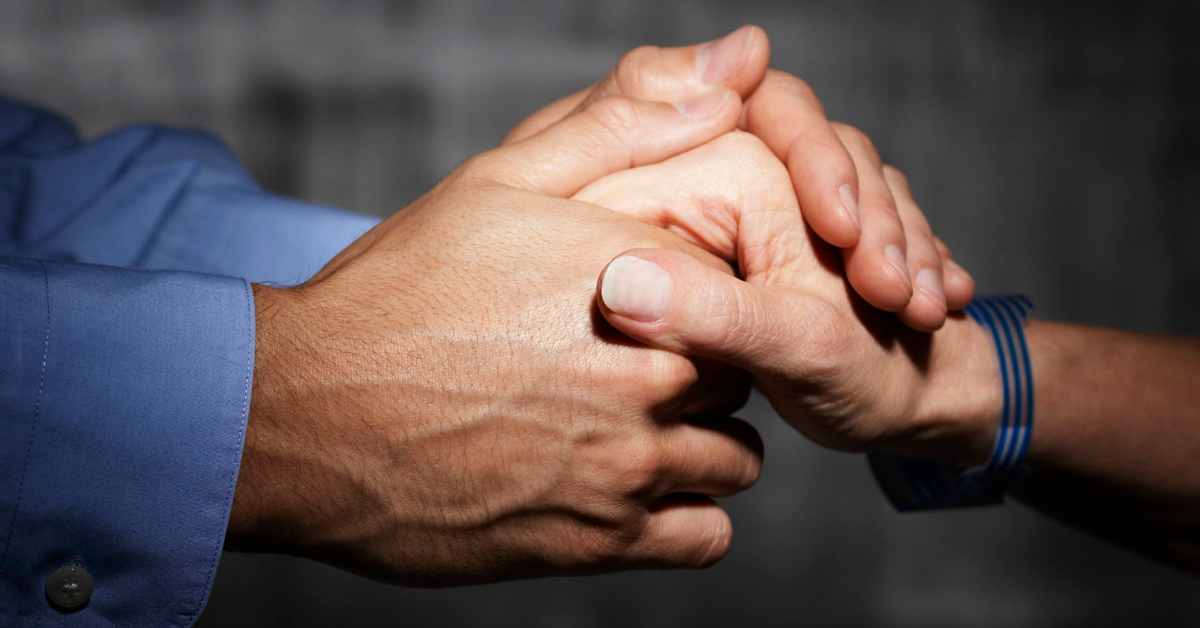A life in public service lends itself to a wide range of experiences. Theft, episodes of mental illness, working with both children and adults on the autism spectrum, bouts of violence, sheltering the homeless, providing safe harbor and warmth during violent storms, and so many other things. Libraries aren’t just books — libraries are community — and we see it all.
Today, I heard complaints that a woman fell and was resting on a bench, but looked like she needed medical attention. Eventually, she walked in on her own and joined us in the reference room. In the meantime, I had already called dispatch for an ambulance. At first glance, I thought to myself, “she’s walking around just fine, she looks okay. What happened, why did I call an ambulance?” I asked her a few questions…”I’m okay,” she said.
She did seem unsteady, so I asked her to sit down, and told her that it was our policy that she should wait for a medical evaluation. We didn’t want any harm to come to her, even if she insisted that she was fine. So we waited. She walked over to me and requested a DVD, which I found odd under the circumstances, but I obliged. Something did seem off in her behavior, but I didn’t know what.
The local police and EMTs arrived very quickly and I pointed her out. These workers were patient, kind, professional, and asked questions that I wouldn’t think to ask. From a few feet away, I heard that she had a neurological disorder that affected her motor skills and she hadn’t taken her pill that morning. She also lifted up a flap of her hair, and had a huge, bulging and bleeding contusion on the side of her head. My stomach turned; moments ago I was thinking that there wasn’t anything wrong. She said she was okay. She said she was fine.
I was so humbled and grateful for these emergency workers and for their commitment to service. To helping others. To answering the call. They tended to her quickly and out she went, in a stretcher. She later called the library, so we know that she was well enough for talking.
Of course, I reflected on the experience, as I do. What can we learn?
How much…do we not say? How often do we ask someone…”what’s wrong?” And are met with…”nothing.” Sometimes, we hear one thing, but the truth lies beneath. Communication is so important for us all — say what needs to be said, but on the other hand, listen more deeply. A few things to remember when navigating a crisis of any kind:
Listen on multiple levels — Understand through the layers of ambiguity. Why would someone not admit to needing help? Perhaps, it wasn’t devious; maybe she was in shock. Perhaps, there were other problems that we just didn’t know about.
Keep perspective — We see such a small percentage of what we’re all experiencing, and I think as we evolve…we must remember to step back and dig a little deeper.
Remember we are loving beings, by design — Show compassion. Understanding. Patience. With a certain reverence for each other; with respect for what lives beneath the surface. And if we can’t help, directly, we call for reinforcements.


